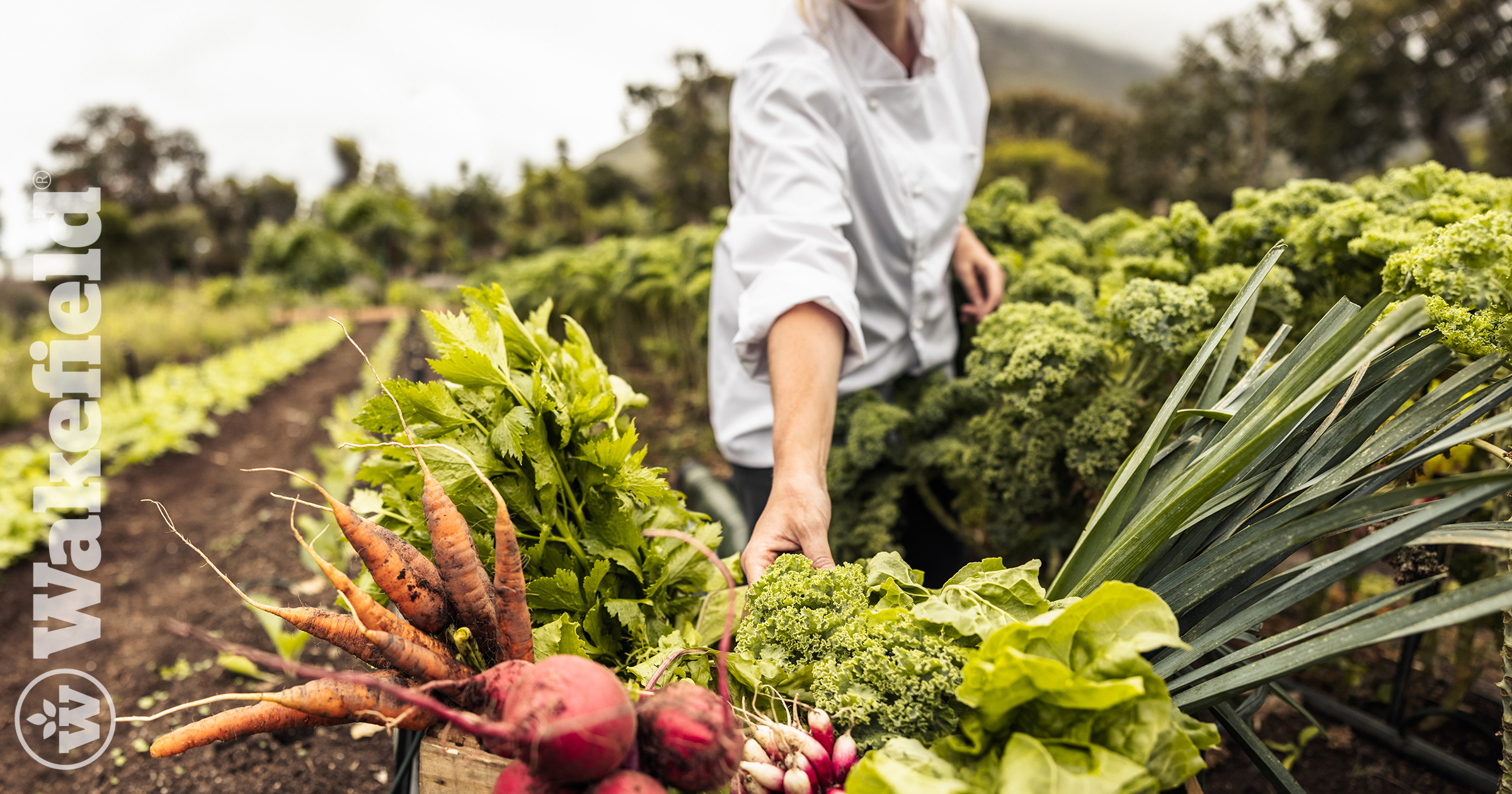Is Wakefield Biochar OMRI-Listed?

To be OMRI listed, products in the U.S. must comply with the standards set forth by the USDA National Organic Program.
The Organic Materials Review Institute (OMRI) evaluates gardening and agricultural products, including fertilizers and soil amendments, to ensure that they are appropriate for organic operations. In addition to bearing information on their labeling, listed products will also appear in the OMRI search database and qualify to use the OMRI-Listed seal:
Here at Wakefield BioChar, we know that our customers want to maintain thriving gardens without the use of potentially toxic substances. That’s why we diligently developed our biochar science to ensure our soil amendments offer top performance without increasing chemical exposure.
We use proven processes and all-natural materials to support healthy growth of fruits, vegetables, and plants. Our products even help limit your garden’s environmental impact.
Why Are Organic Materials Best for Gardening?
Good soil quality is an important factor when gardening. Because soil quality is often lacking, gardeners need to add nutrients to help plants grow. Use of pesticides and weed killers are also common within gardens to limit pest damage to emerging plants.
Using these products introduces a variety of harmful chemicals to your garden, which then infuse into fruits and vegetables after they’ve been harvested. Exposure to toxic chemicals is associated with an increased risk of serious diseases, including certain types of cancer.
Accordingly, many gardeners demand that the input products they use do not contain harmful substances. Organic materials offer the same benefits as harsh chemicals, without any possible risks.
OMRI
In the U.S., organic food or fiber products are federally regulated and certified by an independent third-party agency. When it comes to non-food and fiber items connected to agricultural production, known as inputs, the Organic Materials Review Institute (OMRI) provides verification. There is no federal regulation of the term “organic” for inputs.
OMRI is the sole independent nonprofit organization dedicated only to inputs. While OMRI does not certify organic produce, those farmers must use OMRI-listed products to receive organic certification.
OMRI’s mission is to support organic integrity by “developing clear information and guidance about materials so that producers know which products are appropriate for organic operations.”
Input products are reviewed for meeting the standard for the USDA National Organic Program regulations, the Canada Organic Regime standards, or the Mexico Organic Products Law organic guidelines. Products meeting these standards may bear the OMRI Listed® seal.
What Happens During the OMRI Listing Process?
OMRI uses a comprehensive vetting process before allowing products to be listed. Here’s how the application process works:
- Submission – Upon request, OMRI provides an application package that contains essential information and resources. After reviewing these resources, the business can create an account with OMRI to have its products evaluated or renewed.
- Review – OMRI applies the standards created by the USDA National Organic Program to ensure compliance. The business applying will be charged a fee for this process, which is based on gross sales. The review phase typically takes a few months to complete, depending on how many applications have been received.
- Approval – Once products have been approved, manufacturers can include the OMRI seal on packaging. Products will also be listed in OMRI materials, including website databases.
Companies that would like to be included must update their application every year to remain compliant.
How Do Soil Amendments Enhance Gardens?
One thing Wakefield BioChar likes to stress to our customers is that biochar soil conditioner is not the same as fertilizer. Our products do not facilitate growth by introducing chemicals to the soil, which can lead to serious issues if the surrounding environment is contaminated. Instead, our biochar products improve the texture of the soil, increases microbial activity and its ability to absorb moisture to ensure maximum nutrient and water uptake for plants and grass.
Biochar is exceptionally effective when dealing with poor or degraded soils. It helps increase water retention in sandy soil and improves the aeration and drainage of clay soils. Biochar can also prevent toxins and heavy metals from leaching into your soil.
Biochar also reduces emissions of greenhouse gases, the major driver of global warming. For every pound of biochar used, two pounds of carbon dioxide–the primary greenhouse gas contributing to a changing climate–are removed from the atmosphere and sequestered in the soil.
OMNI listing means Wakefield BioChar can market our soil amendments to organic producers with confidence. Organic growers know that our biochar uses only ingredients and formulations meeting strict organic standards. We love our products and love talking about them with customers. Feel free to contact us today if you’d like more information.






